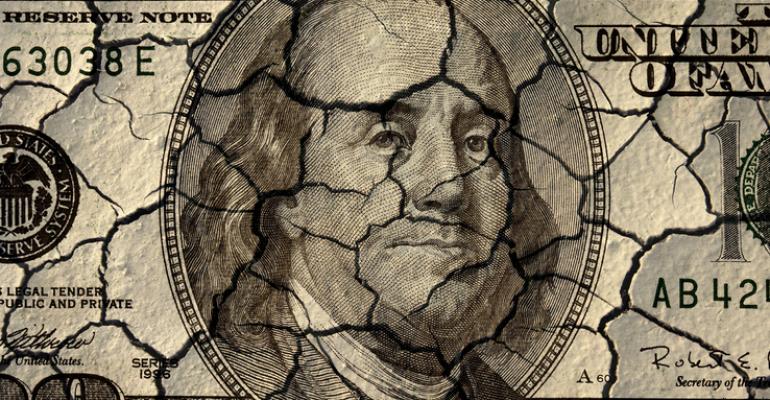It’s been a tough run for incentive programs through the pandemic. Many organizations canceled or postponed travel incentives as Covid strained attendee comfort and confidence, replacing them with alternative rewards such as merchandise, gift cards, virtual events, and cash.
The last one, cash, is addressed in the latest “Academic Research in Action” paper from the Incentive Research Foundation, which looks at the ways in which award recipients respond to being given money versus tangible gifts or experiences.
The monthly “Academic Research in Action” series applies an academic theory to incentive, rewards, and recognition programs. In this latest installment, the author explains “mental accounting theory,” developed by behavioral economist Richard Thaler in the late 1990s. Thaler’s work looked at how people put a different value on the same amounts of money depending on how they classify it (utilitarian or fun/luxury).
Subsequent experiments described in the IRF paper have expanded on Thaler’s work to look more specifically at cash versus non-cash rewards. Many incentive planners may not be surprised by the results but will welcome the clear justification of their efforts to motivate with travel and gifts rather than with a lump sum.
In brief, the study reports:
• Non-cash rewards proved more motivating, on the whole, than cash rewards.
• To get the most motivational bang, rewards should be as separate as possible from fixed pay and emphasize fun/luxury.
• Incentive planners should avoid creating the expectation of a reward.
Other recent “Academic Research in Action” reports have covered individual versus team-based incentives, the psychology of points programs, reward-program design, and incentives and rewards for remote workers. All are available on the IRF website.





